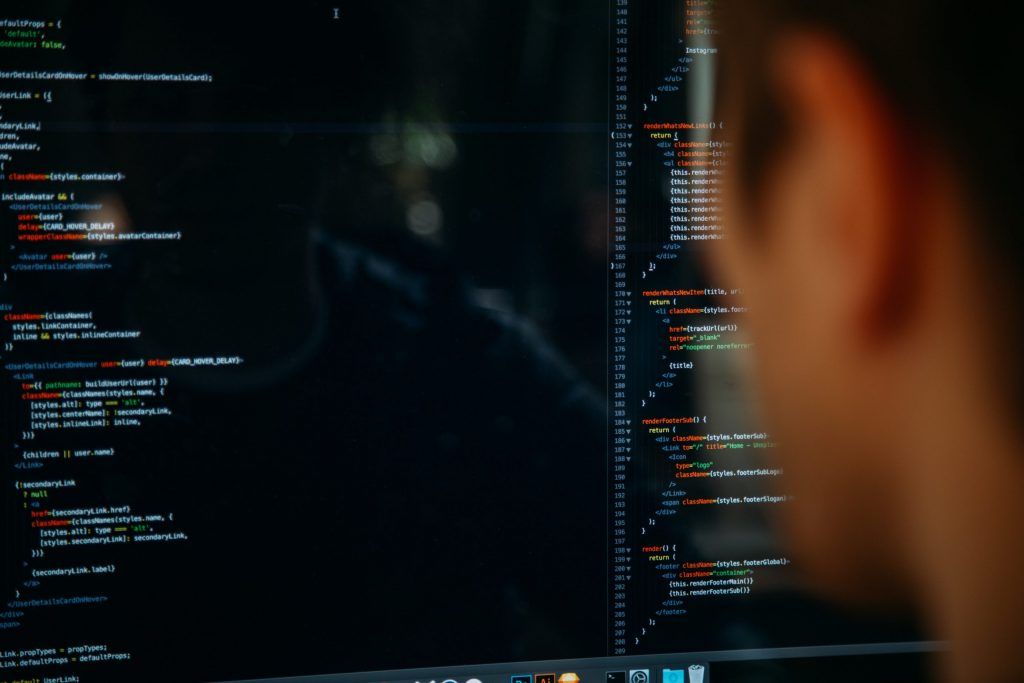The term ransomware has been tossed around a lot lately, especially in the last several months. Ransomware is the latest, and possibly the greatest, threat against internet users right now. What started as just another virus-level threat online, has become so much more.
Ransomware is a type of malicious software that users install (usually disguised as a harmless program or email) that gives a hacker total access to every file on your device. The operator of the ransomware then locks your computer, keeping you from accessing any of your files, and demands a ransom be paid for access to be restored. Because these hackers are criminals, however, many times personal files are kept locked down even after the ransom is paid. The best defense against these attacks is to have backups of all important files; A hacker cannot have the upper hand if you still have access to your files.
As of late, hackers have figured out that they can use these tactics to disrupt local governments and corporations. According to Malwarebytes, attacks targeting businesses and governments are up 365% from just last year.
This is where it hits close to home. The state of Louisiana has declared a state of emergency because of these attacks. The school districts of Sabine Parish, Morehouse Parish, and Ouachita Parish were all hit with ransomware attacks. A short time later, with heightened alert for an attack, Tangipahoa Parish school district shut down for suspicious “activity” on their system.
Louisiana governor John Bel Edwards made this declaration on July 24th and now has the Cyber Security Commission working on the affected school board systems. “This is exactly why we established the Cyber Security Commission, focused on preparing for, responding to and preventing cybersecurity attacks, and we are well-positioned to assist local governments as they battle this current threat,” says Governor Bel Edwards.
These attacks must be taken seriously. After the Louisiana attacks, a group of hackers attacked 23 Texas local government agencies. “At this time, the evidence gathered indicates the attacks came from one single threat actor,” a spokesperson said. If corporations, government agencies, school systems, and even individuals do not start to make plans and be proactive against attacks like this, we will only hear of more people being helplessly removed from their data.

